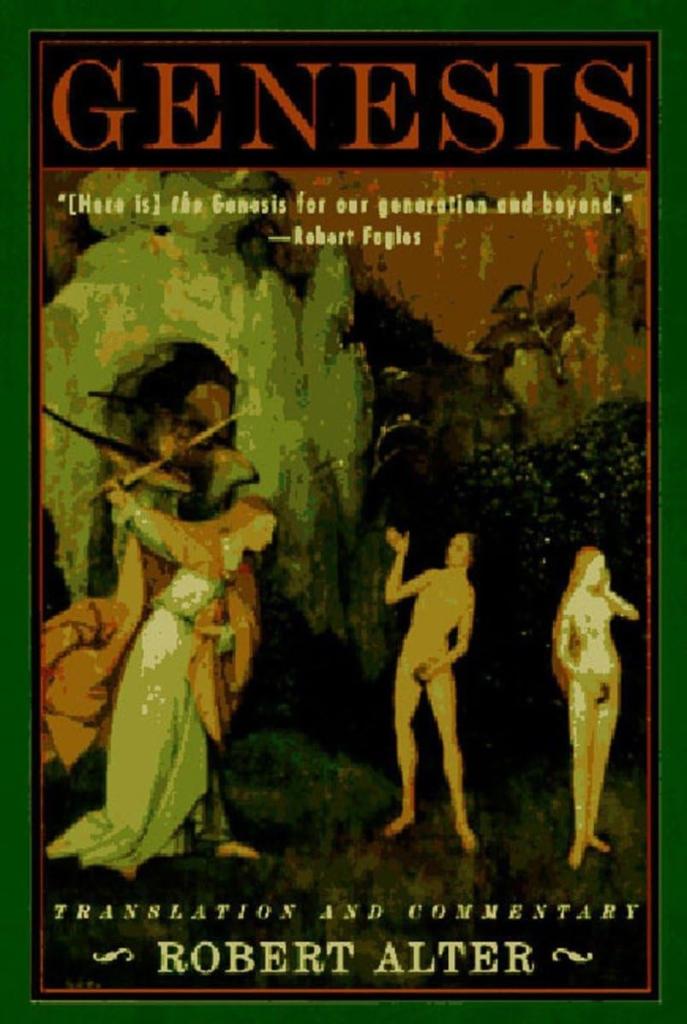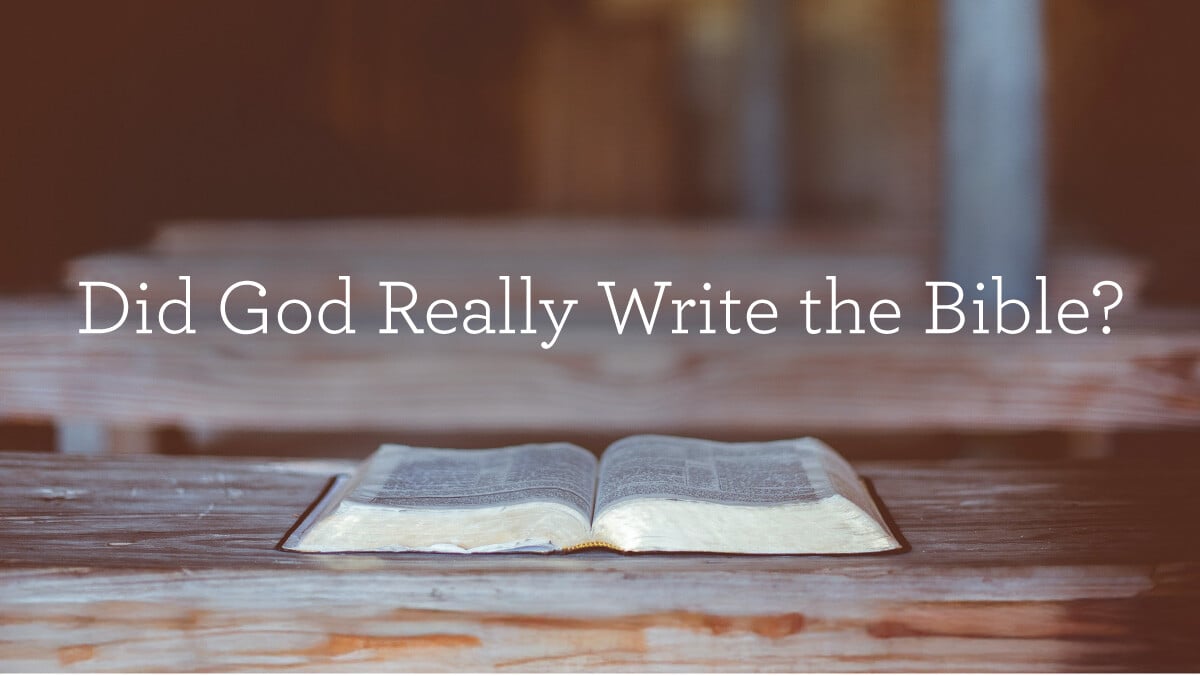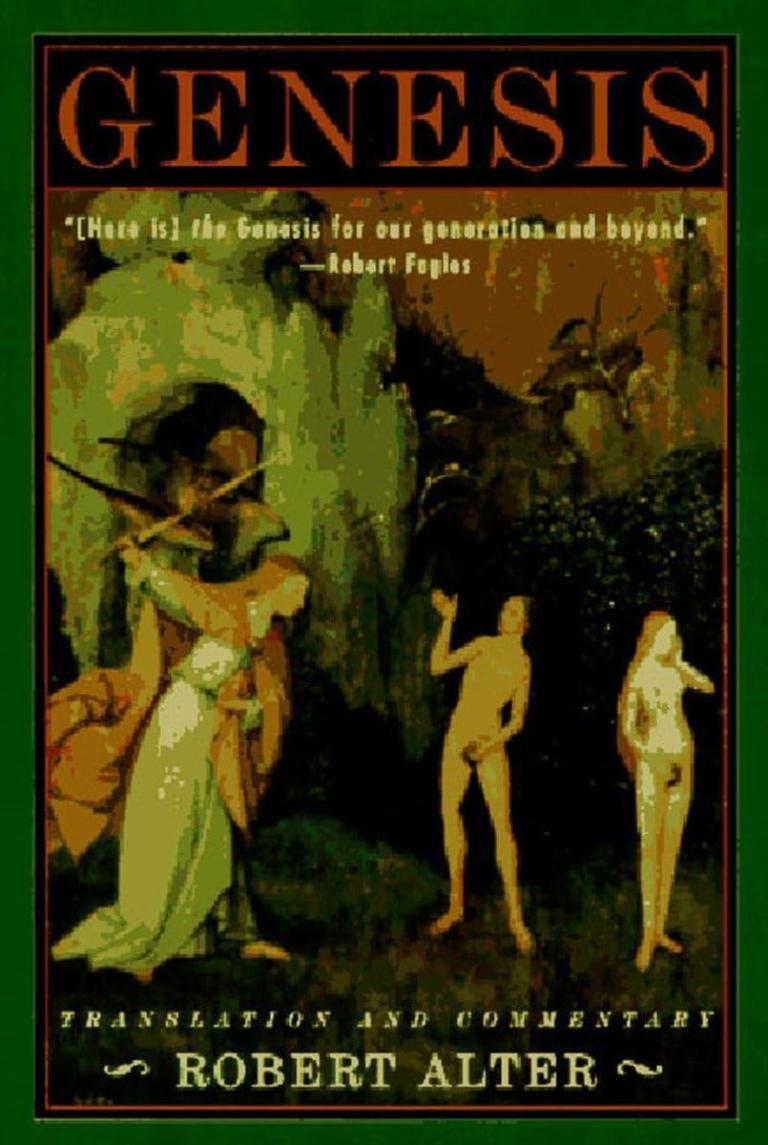Without question, Gen. 15 is one of the most important and pivotal chapters, not merely in the Abraham saga, but in the whole Pentateuch, and it’s importance was not lost on Paul, who twice cites this chapter in Gal. 3 and Rom. 4 as defining the nature of genuine Biblical faith. It will behoove us then to pay close attention to this chapter. For instance, it is the first time Abram speaks up and has a crucial dialogue with the Almighty. He’s wondering how in the world the promise of many offspring is going to happen when Abram already has his AARP card, is childless, and sadly his household servant or manager is the one at present who is likely to inherit. Abram in fact says ‘Look, I’m going [to my end] childless, and you have given me no seed’. God directs Abram to go outside the tent and look up into the night sky, and count the stars– if possible. So will be your heirs, says God, those who come forth from your loins.
And it is at this particular juncture that we are told at 15.6: ‘And Abram trusted God, and it was credited to him for merit’, or better it was a credit to his account. It could also be rendered Abram trusted in God, or even Abram believed God. Paul of course renders this ‘Abram trusted God and it was reckoned to him for righteousness, or credited to him as righteousness. In either case, this is not legal language but rather business language, the language of credits and debits, the language of counting or not counting. And in Paul’s case, it is Abram’s faith that is reckoned as Abram’s righteousness. There is absolutely nothing in either Gal. 3 or Rom. 4 that suggests the notion of the imputed righteousness of Christ, either in Genesis or in Paul’s letters at this juncture. This may mean that Paul is talking about God counting Christ believers as in right standing with God because of their faith or trust in God. Salvation is by grace but through such faith in God, including faith in Christ. Clearly enough, Paul is presenting Abraham as a prototype or paradigm for the Christian to follow the example of.
Going back to the account in Gen. 15, God then says to Abram, I’m the one who brought you up out of Ur of Chaldees and promised you this land. Abram then asks ‘How can I know that I shall inherit it?’ God then instructs Abram to undertake an elaborate and expensive sacrifice of a 3 year old heifer and a three year old she goat, and a 3 year old ram, and a turtle dove and a young pigeon. He is instructed to cut them all in half, except the birds. Immediately, carrion birds. (i.e. vultures) showed up and Abram had to shoo them off. By now, it’s the following afternoon and the sun is setting and God causes a deep sleep to fall upon Abram (using the same terms as used earlier when God put Adam to sleep to create Eve– tardemah) , and a profound dread came upon him as well for he is told the bad news that Abram’s descendants will be enslaved for 400 years in a land not their own. But God will judge their enslavers, and bring them up out of the land of bondage, with much substance. As for Abram himself he will go down to his ancestors (in the land of the dead— Sheol), being buried at a ripe old age. ‘And in the fourth age, they shall return here for the iniquity of the Amorites is not yet full. Here is yet another clue that this account was written up many ages after the time of Abram. The author knows about the Amorites, and when God’s people will return from Egypt, namely in the 13th century B.C.
One of the ways knowing the Hebrew really helps us here with this crucial story is that previously, the promise of God to Abraham up to now was in the imperfect tense (cf. 12.1-3;12.7;13.14-17; 15.4-5), but here at the end of this chapter it is in the perfect tense, indicating that what is promised is already completed and is certain to happen.
Here finally, and clearly, we have the language of covenanting, and note that there is evidence from elsewhere in the ANE of standing between two parts of a sacrifice is part of the covenanting act with the parties facing each other. The story ends dramatically with the sunset, a deep gloom suddenly setting in, and a smoking brazier with a flaming torch in it passing between the pieces of the sacrifice. Perhaps we are to think of the fire at the Sinai epiphany or the pillar of cloud and fire during the wilderness period, but in any case, the idea is that Yahweh is a consuming fire, like at the burning bush. Then finally, we have the promise of the land from the river of Egypt to the river of the Euphrates would belong to Abram’s descendants, lands that at present were occupied by many different people groups including the mighty and warlike Hittites, as well as the Amorites and Canaanites.












 English (US) ·
English (US) ·